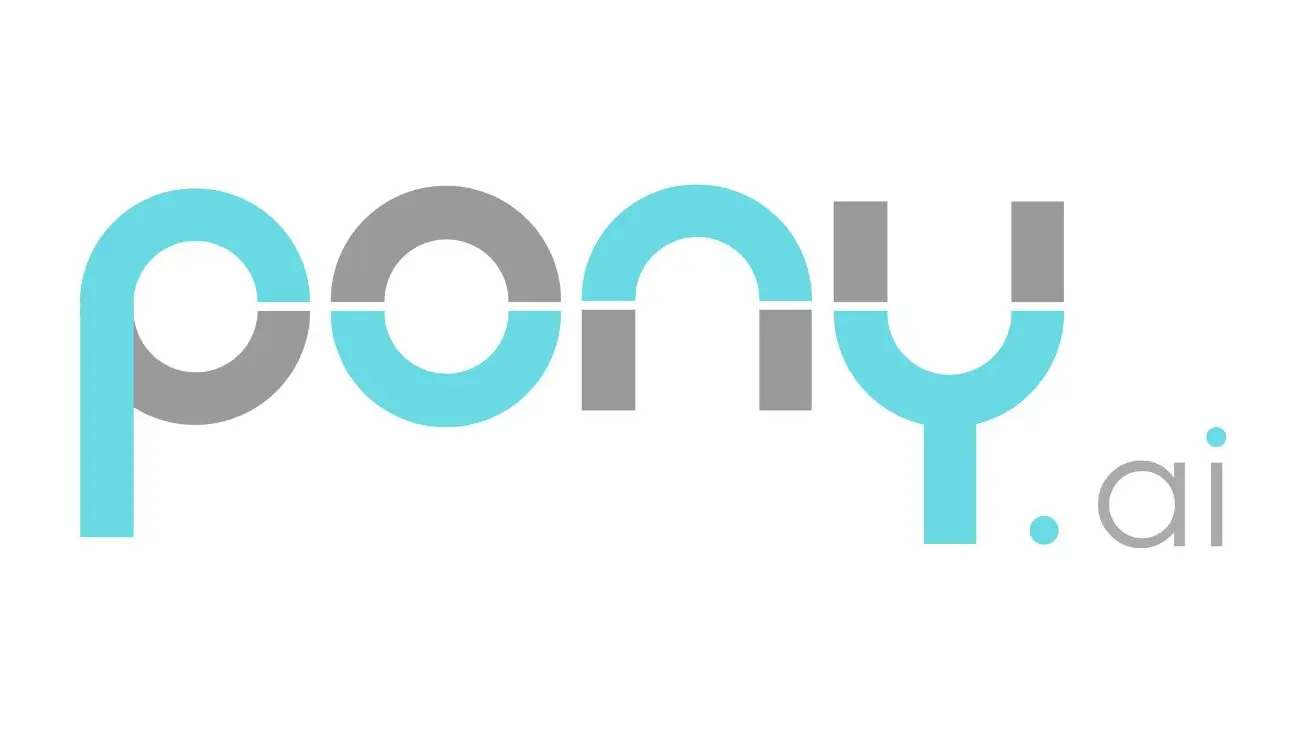On May 14, 2025, Pony.ai, a prominent Chinese robotaxi operator, reported its first fire incident involving one of its autonomous vehicles in Beijing, with no injuries sustained. This development, covered by CNBC, Reuters, Seeking Alpha, and GuruFocus, marks a critical juncture for the company, which is at the forefront of AI-driven healthcare innovations and AI-enhanced cybersecurity measures, while facing renewed scrutiny over AI privacy and security concerns.
The incident occurred around 9:30 a.m. when the vehicle, empty of passengers, exhibited an abnormal status during handling, leading to a fire. CNBC’s report detailed the company’s swift response, coordinating with authorities to contain the blaze. Reuters confirmed the absence of injuries, but the cause remains under investigation, a situation that mirrors cybersecurity challenges in AI systems. Seeking Alpha noted the robotaxi’s unoccupied state at the time, which likely prevented worse outcomes, while GuruFocus highlighted a 10% decline in Pony.ai’s stock price, reflecting investor unease about AI-driven creative tools and their practical deployment.
Pony.ai, operating a fleet of over 250 robotaxis in cities like Beijing, Shanghai, and Guangzhou, has been a leader in autonomous vehicle technology. Its recent collaborations with Toyota, BAIC, and GAC’s Aion to develop affordable robotaxis were seen as a milestone, but this fire incident raises questions about the reliability and safety of such systems, a concern often discussed in AI’s role in smart home innovations. The event underscores the challenges of scaling AI technologies, particularly in AI’s impact on healthcare accessibility, where trust and performance are crucial.
The fire, though contained without harm, has ignited a broader conversation on the ethical and practical implications of AI in transportation. Issues of data privacy, system integrity, and potential misuse are amplified, especially as Pony.ai seeks to expand its operations. This incident serves as a stark reminder of the delicate balance between innovation and safety, a balance often tested in AI privacy and security discussions.
As the investigation unfolds, its findings could shape regulatory frameworks for autonomous vehicles worldwide. For Pony.ai, the path forward involves not only addressing technical issues but also restoring investor and public trust. What do you think about Pony.ai’s first fire incident—does it pose a significant risk to the future of robotaxis, or is it a minor setback in the grand scheme of AI advancement? Share your thoughts in the comments; we’re interested in your perspective on this pivotal moment.







